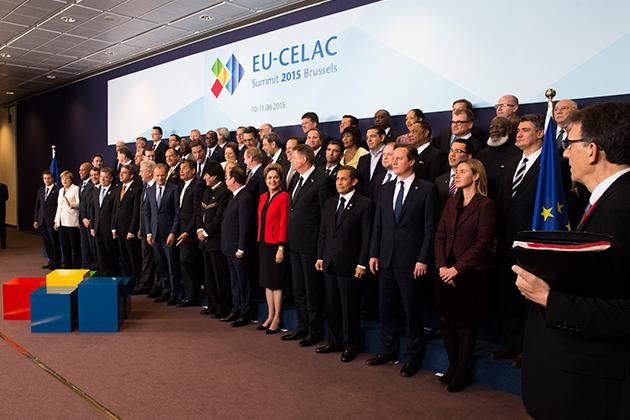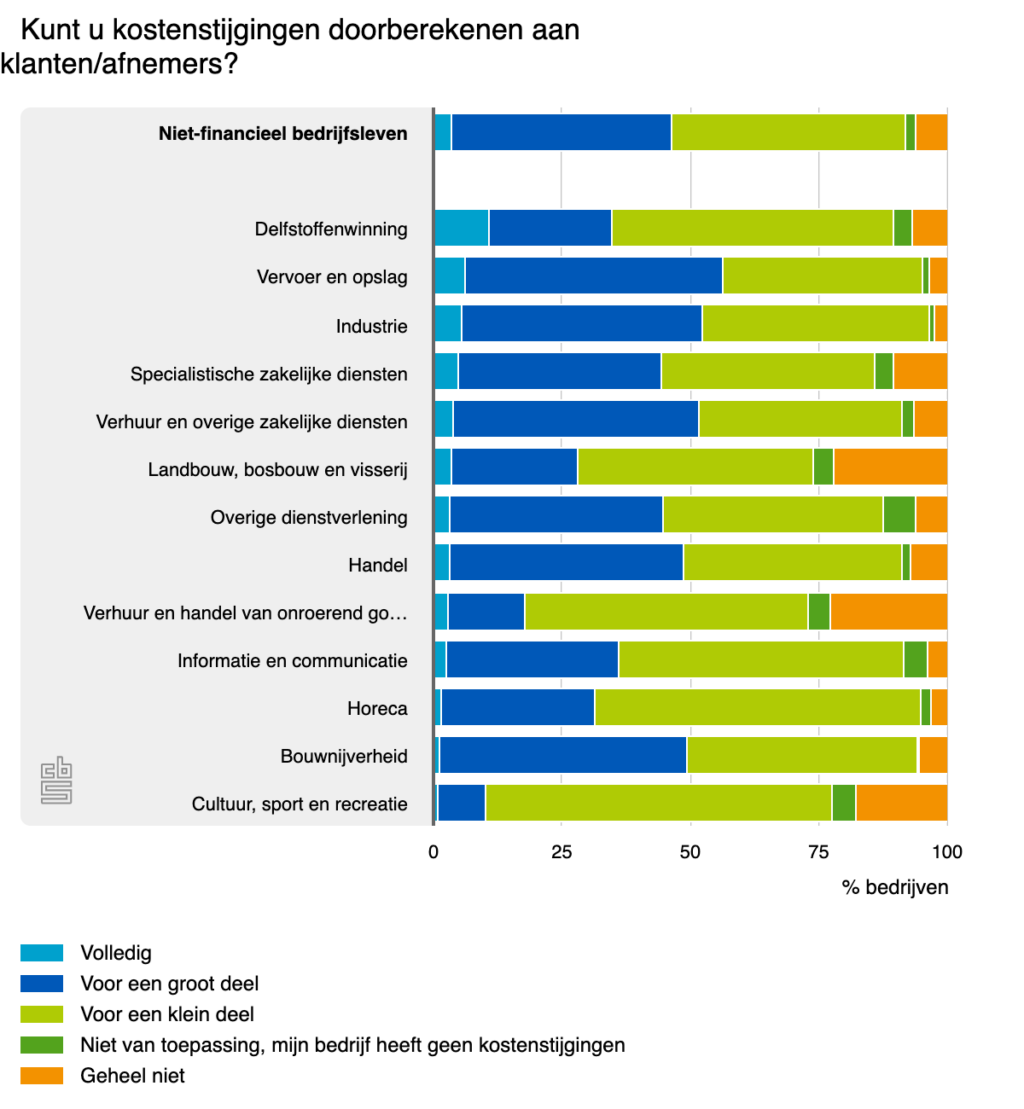The CELAC Summit And The Future Of Regional Cooperation

Table of Contents
Strengthening Political Cooperation within CELAC
The CELAC political agenda centers on fostering dialogue and diplomacy among member states, promoting regional security, and strengthening multilateralism. Effective political cooperation is fundamental to achieving the broader goals of the CELAC Summit.
-
Diplomacy and Dialogue: CELAC facilitates crucial dialogues, allowing countries with differing viewpoints to engage in constructive conversations. This approach is crucial for conflict resolution and building mutual understanding. The emphasis on diplomatic solutions contributes to a more peaceful and stable regional environment.
-
Conflict Resolution: Successful examples of conflict resolution facilitated by CELAC demonstrate its potential as a regional peacemaker. By providing a neutral platform for negotiation, CELAC can help prevent conflicts from escalating and find mutually agreeable solutions.
-
Challenges to Consensus: Differing ideological perspectives and national interests occasionally hinder achieving political consensus within CELAC. Overcoming these obstacles requires compromise and a willingness to prioritize shared regional goals over individual agendas.
-
External Actors' Influence: The influence of external actors on CELAC's political agenda is a complex issue. Navigating relationships with global powers while maintaining regional autonomy remains a significant challenge for CELAC. Balancing external engagement with the pursuit of independent regional objectives is crucial for the organization's success.
-
Regional Security and Stability: CELAC's effectiveness in promoting regional security and stability is directly linked to its capacity to address shared threats and challenges. Through collaborative efforts in areas such as counter-narcotics and crime prevention, CELAC strengthens the security fabric of the region.
Boosting Economic Integration and Trade within the CELAC Region
The CELAC economic agenda aims to boost regional trade, attract foreign investment, and improve regional infrastructure. Economic integration is a key component of the CELAC Summit's overall objectives.
-
Reducing Trade Barriers: Progress in reducing trade barriers among CELAC members has been significant, although challenges remain. Streamlining customs procedures and harmonizing regulations are vital for enhancing regional trade flows.
-
Attracting Foreign Investment: CELAC plays a vital role in attracting foreign investment by showcasing the region's potential for economic growth and offering attractive investment incentives. The coordinated approach to investment promotion can increase investor confidence and lead to substantial economic benefits.
-
Infrastructure Development: Investments in regional infrastructure – particularly transportation and energy – are crucial for boosting economic integration. Improved infrastructure enhances connectivity, reduces transportation costs, and facilitates trade.
-
Impact of Global Economic Trends: The global economic climate significantly impacts CELAC's economic agenda. Addressing global challenges, such as climate change and economic volatility, requires collaborative efforts and strategic planning.
-
Economic Diversification and Sustainable Development: Promoting economic diversification and sustainable development is key to long-term economic growth and resilience within the CELAC region. Shifting away from reliance on a few key industries to a more balanced and sustainable economic model is vital.
Addressing Social Challenges through CELAC Cooperation
The CELAC social agenda focuses on addressing poverty, inequality, and social exclusion. Social development and improvement are considered important components of the CELAC Summit.
-
Poverty and Inequality: CELAC's efforts in addressing poverty and inequality involve implementing social programs and promoting inclusive growth. This includes targeted investments in education, healthcare, and social safety nets.
-
Education and Healthcare: Promoting access to quality education and healthcare is central to CELAC's social agenda. Improved access to these essential services is crucial for human capital development and reducing social disparities.
-
Sustainable Development Goals (SDGs): The integration of the SDGs into CELAC's agenda reflects a commitment to sustainable and inclusive development. Achieving the SDGs requires coordinated action across various sectors and stakeholders.
-
Effectiveness of Social Programs: Evaluating the effectiveness of CELAC's social programs and initiatives requires robust monitoring and evaluation mechanisms. Data-driven assessments ensure that programs are efficient and achieve their intended outcomes.
-
Achieving Greater Social Equity: Challenges and opportunities exist in achieving greater social equity within the CELAC region. Addressing systemic inequalities requires long-term commitment and transformative policies.
The Role of Civil Society in CELAC's Future
Civil society participation is crucial for the success of CELAC's initiatives. The active involvement of NGOs and social movements enhances democratic governance and strengthens regional cooperation.
-
Influence of CSOs: Civil society organizations (CSOs) play a vital role in influencing CELAC's policies and decisions through advocacy, research, and community mobilization.
-
Citizen Engagement: Citizen engagement is essential for promoting transparency, accountability, and ownership of CELAC's agenda. Increased citizen participation enhances the legitimacy and effectiveness of regional cooperation efforts.
-
Strengthening Civil Society Participation: Mechanisms for strengthening civil society participation within CELAC include establishing formal consultation processes and ensuring access to information.
-
Impact of CSOs on CELAC's Goals: CSOs contribute significantly to achieving CELAC's goals by monitoring implementation, providing feedback, and promoting citizen engagement.
Conclusion
The CELAC Summit plays a vital role in shaping the future of Latin American and Caribbean cooperation. While challenges remain in achieving full political, economic, and social integration, the progress made through initiatives promoting regional dialogue, trade, and social development demonstrates the potential for a more prosperous and equitable future for the region. The active involvement of civil society is critical to the success of CELAC's ambitious goals.
Call to Action: Stay informed about the ongoing developments within CELAC and engage in discussions about the future of regional cooperation in Latin America and the Caribbean. Learn more about the CELAC Summit and its impact on the region. Understanding the CELAC Summit and its various aspects is key to understanding the future of regional integration in Latin America and the Caribbean.

Featured Posts
-
 Hoge Kosten Voor Bayerns Informatie Over Nederlander
May 14, 2025
Hoge Kosten Voor Bayerns Informatie Over Nederlander
May 14, 2025 -
 Disneys Woke Snow White Flops Did Insulting Half The Country Backfire
May 14, 2025
Disneys Woke Snow White Flops Did Insulting Half The Country Backfire
May 14, 2025 -
 Is Celine Dion Returning To Eurovision After 37 Years
May 14, 2025
Is Celine Dion Returning To Eurovision After 37 Years
May 14, 2025 -
 Liverpool Transfers Reds Tracking Bournemouths Dean Huijsen
May 14, 2025
Liverpool Transfers Reds Tracking Bournemouths Dean Huijsen
May 14, 2025 -
 Maya Jama Confirms Romance With Footballer Ruben Diaz
May 14, 2025
Maya Jama Confirms Romance With Footballer Ruben Diaz
May 14, 2025
